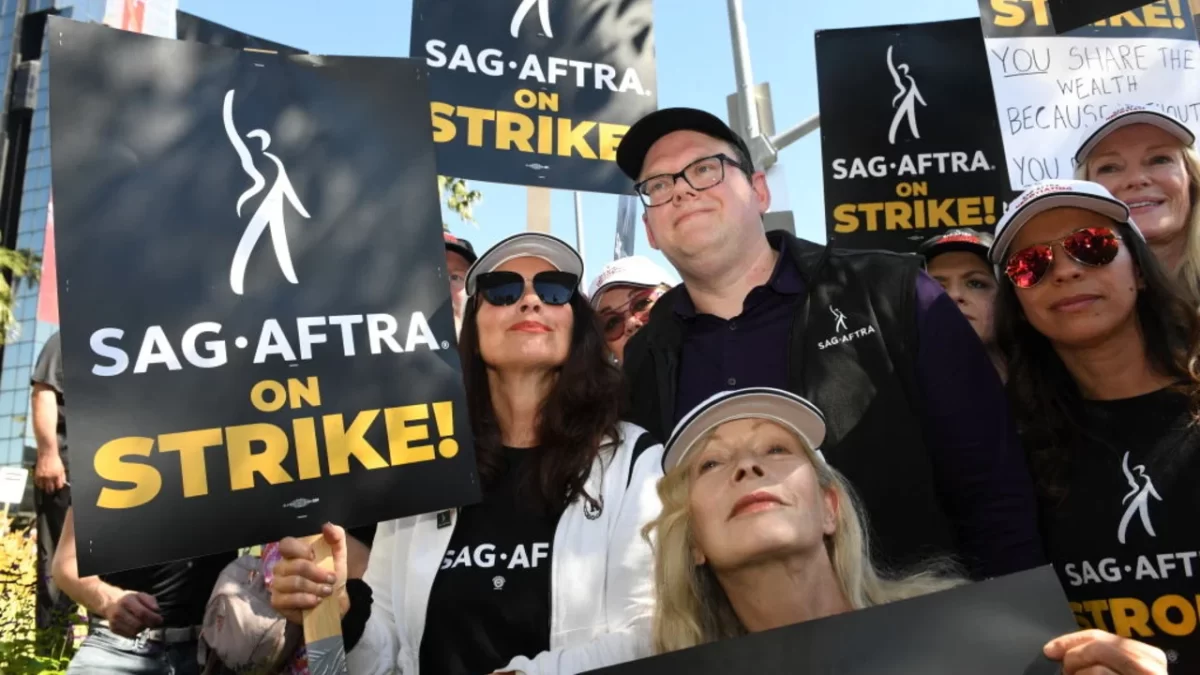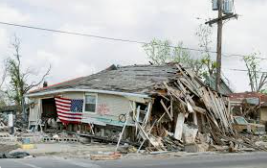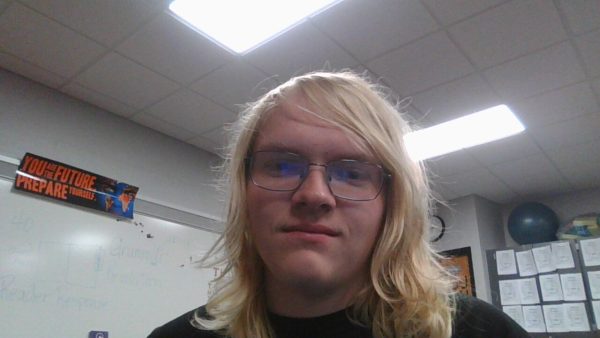On November 9, 2023, the Screen Actors Guild and American Federation of Television and Radio Artists (SAG-AFTRA) finally reached a tentative deal with the Alliance of Motion Picture and Television Producers (AMPTP) to end SAG-AFTRA’s ongoing strike. On September 27, 2023, the Writers Guild of America (WGA) also ended their strike, which had caused the biggest interruption to the American film industry since the COVID-19 pandemic in 2020.
WGA and SAG-AFTRA going on strike marked the second time that two Hollywood labor unions went on strike together, the first being in 1960. The strikes were caused by a lack of financial compensation from streaming services, as well as the AMPTP not reaching new agreements with the guilds. In addition, many members of these unions took issue with new strategies used by major studios, such as using artificial intelligence to scan actors’ faces and generate performances digitally, without paying the original actor. Furthermore, this would allow studios to use the likeness of deceased actors without permission from their families or estates. The guilds sought ratification of a labor contract, a formula for streaming service residuals, and a way to prevent AI from replacing actors on sets.
The strikes and the response from the AMPTP brought a lot of controversy, as they used a “divide-and-conquer” strategy with the Hollywood unions, refusing to negotiate with SAG-AFTRA from July until October. One anonymous studio executive was quoted as saying “The endgame is to allow things to drag on until union members start losing their apartments and losing their houses.” Multiple other labor unions such as the Directors Guild of America and the American Federation of Musicians publicly voiced their support for WGA and SAG-AFTRA, as did politicians including the Mayor of Los Angeles Karen Bass, and President Joe Biden.
Numerous public protests were held by both members and supporters of WGA and SAG-AFTRA during the strikes. On July 25, thousands of major actors, including Bryan Cranston and Chloe Grace Moretz, rallied at Times Square in New York City from 9:30 AM until noon to voice their concerns about fair treatment and wages. Vox stated that the support shown for the unions from other members of the film industry and the general public was “extraordinary and remarkable in contrast to the last strike in 2007.”
As a result of the strikes, many highly anticipated films and series were postponed. The lack of ongoing film and television productions resulted in some studios having to reduce staff or even close doors. The strike also jeopardized long-term contracts created years before with streaming services. In addition, numerous other areas within the global entertainment industry were damaged, such as special effects and makeup.










